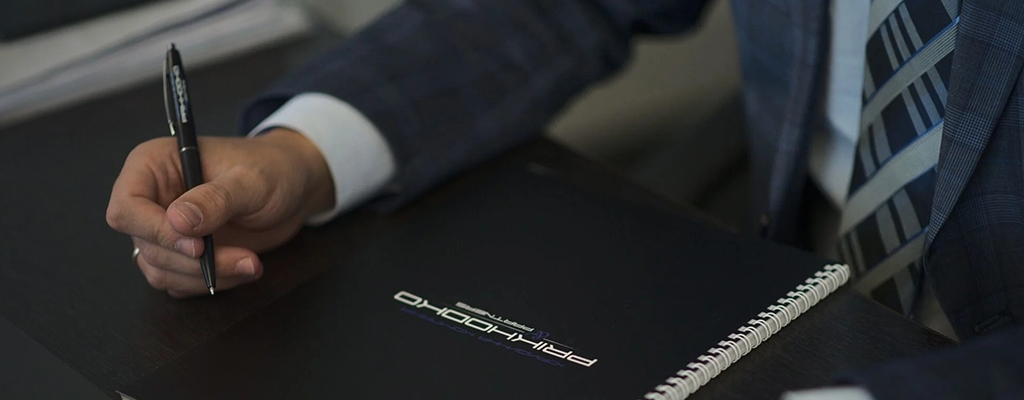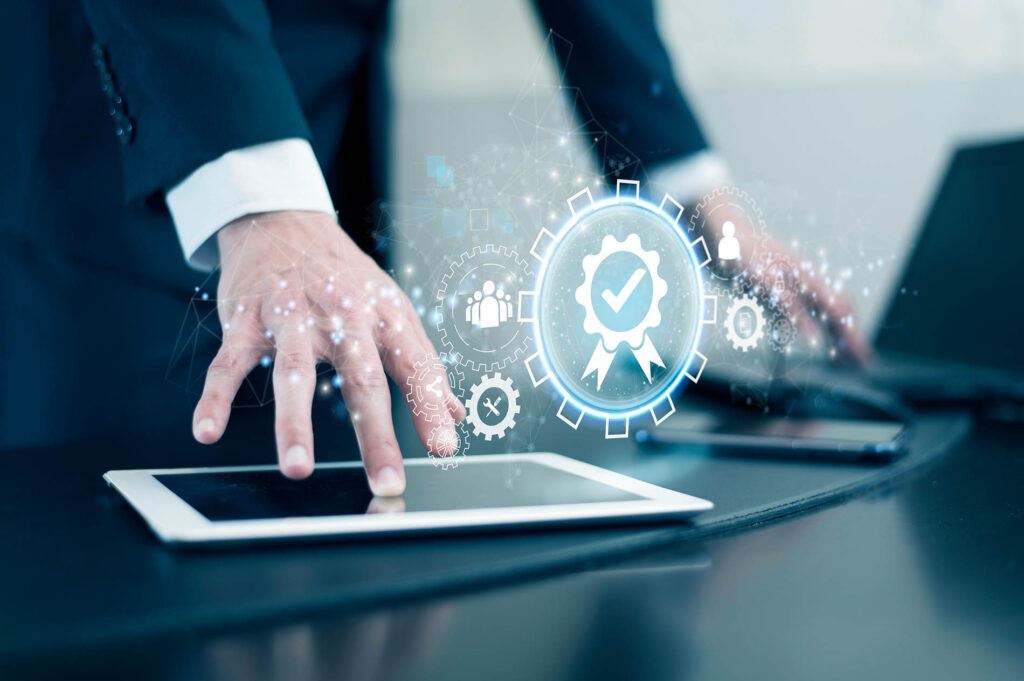
"Perfection of execution in any aspect of your question is our credo!"
Lawyer
A specialist in the practice of migration and corporate law, he also specializes in legal support for business in EU countries.
OBTAINING AN EMI PAYMENT LICENSE IN LITHUANIA
Obtaining an EMI Payment License in Lithuania: A Comprehensive Guide
In today’s world, online payments have become a fundamental part of our daily lives. And with the rise of e-commerce, the demand for electronic money transfers has skyrocketed. This has led to the emergence of electronic money institutions (EMIs) that provide payment services such as electronic money issuance, payment initiation, and money transfer services. In this guide, we will provide detailed information on how to obtain an EMI payment license in Lithuania.
What is an EMI License?
An EMI license is a license that allows a company to provide electronic money services within the European Union (EU). An EMI license authorizes a company to issue electronic money, provide payment services, and conduct money transfers. It also enables the company to hold electronic money and provide other related services.
Who Issues EMI Licenses?
EMI licenses are issued by the financial regulatory authorities of each country. In Lithuania, the Bank of Lithuania is responsible for issuing EMI licenses to companies that meet the regulatory requirements.
Opportunities provided by EMI Licenses
An EMI license provides a wide range of opportunities to companies that want to provide payment services. These opportunities include:
- Easier cross-border payments within the EU
- Increased customer trust and loyalty
- Access to a wider range of payment options
- Potential for increased revenue
The Main Difficulties in Obtaining an EMI License
Obtaining an EMI license is not an easy task. The main difficulties in obtaining an EMI license include:
- Meeting the regulatory requirements of the issuing country
- Providing a comprehensive business plan that meets the regulatory requirements
- Ensuring that the company has sufficient capital and financial resources
- Demonstrating that the company has effective anti-money laundering and counter-terrorism financing policies and procedures in place
How Long Does it Take to Obtain an EMI License in Different Countries?
The time it takes to obtain an EMI license varies from country to country. In Lithuania, for example, it can take up to six months to obtain an EMI license. In Malta, the process can take up to eight months, while in Estonia, it can take up to 12 months. In the United Kingdom, the process can take up to six months, while in Gibraltar, it can take up to nine months.
Difficulties in the EMI License Obtaining Process
The EMI license obtaining process can be challenging due to various reasons, including:
- Complex regulatory requirements
- High application fees
- Long waiting periods for regulatory approvals
- Stringent due diligence requirements
Conclusion
Obtaining an EMI payment license is a complex process that requires thorough preparation, expertise, and patience. However, the benefits that come with having an EMI license are significant, and the opportunities provided by it are numerous. With the right approach and guidance, any company can successfully obtain an EMI license and start providing payment services in the EU.
Calculate the cost of services
1 question
Do you need advice on obtaining an EMI license?
2 question
Do you need help in collecting and preparing documents for obtaining a license?
3 question
Are you ready to consider buying a business with an already valid EMI license?

A specialist in the practice of migration and corporate law, he also specializes in legal support for business in EU countries.
Articles on the topic:
call back
during the day




